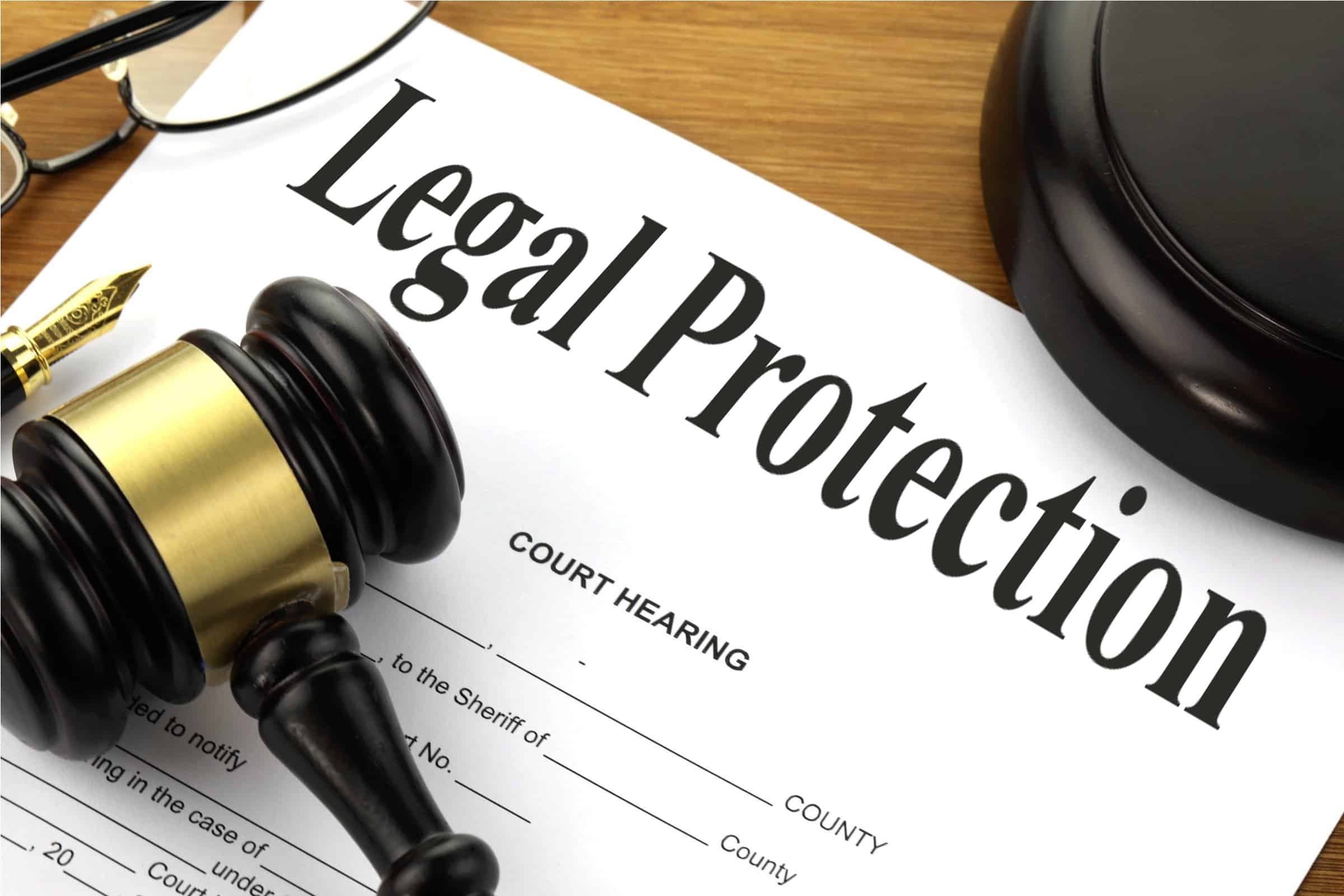
Facing a DUI charge can be extremely distressing and overwhelming. Between the legal complexities and potential long-term personal consequences, it is essential to have expert assistance and representation every step of the way. A skilled defense attorney can mean the difference between a favorable outcome and harsh, life-changing penalties. It is important, however, to choose a defense attorney based on a number of factors, not just the proximity of a law firm or the first lawyer that shows up in a Google search.
When Choosing A Defense Attorney, Consider The Following:
Specialization and Experience:
Look for a lawyer who has successfully defended a number of DUI cases. Choose a law firm that works with these cases regularly as it means they will be well-versed in the intricate nuances of DUI laws, procedures and the multitude of potential defenses.
Trial Experience:
It’s important that the lawyer you choose is experienced taking DUI cases to trial. The circumstances under which a case would go to trial are unique to each case, but having a defense attorney who can help you navigate a trial is an important quality.
Scientific Expertise:
Not only is it enough for your DUI defense attorney to know the laws surrounding your case, it’s important that they understand and regularly work with the science behind blood and breath testing. This information can be critical in the defense of your case.
Communication:
Nobody wants to be left in the dark when it comes to their DUI case. With high stress and so much on the line, you will want your defense team to be in regular communication with you about important dates, milestones and case information.
Local Knowledge and Relationships:
When searching for your DUI lawyer, find someone who is familiar with the local court systems, judges, prosecutors and other key players in a DUI case. This will allow your attorney to tailor their defense more effectively. Attorneys with established relationships will be able to negotiate more skillfully on your behalf.
Credentials, Affiliations and Ongoing Education:
Asking about these can provide insights into a lawyer’s commitment to their profession and expertise. DUI defense attorneys who are continuing their education and are members of reputable legal organizations demonstrate their dedication to their profession and their clients.
Reputation and Reviews:
When selecting a DUI lawyer, check their online reviews, and research their case outcomes. Find out if the lawyer you’re thinking of hiring has a good standing reputation amongst the legal community. See our client reviews here.
Fees:
Of course, using a private DUI defense attorney can be a significant investment. Be wary of lawyers with exceptionally low fees– as it may indicate a lack of experience. On the other hand, exorbitant fees do not necessarily mean superior representation. Look for an attorney who offers transparent billing, so you can be clear on the investment you’re making.
When you’re in need of a DUI lawyer, finding the best defense attorney for your case will take a bit of commitment to research.
It’s important to consider all of the above before making your decision. You want to be sure that you’re getting the best representation by an attorney who is experienced and will work tirelessly toward a favorable outcome. To hear our own Brian Manchester speak on this topic, click here.
At Manchester and Associates, we defend DUI cases aggressively. We have an experienced team of professionals who stay up to date on the laws and the science involved in DUI cases. Get in touch with our team to learn more.

